
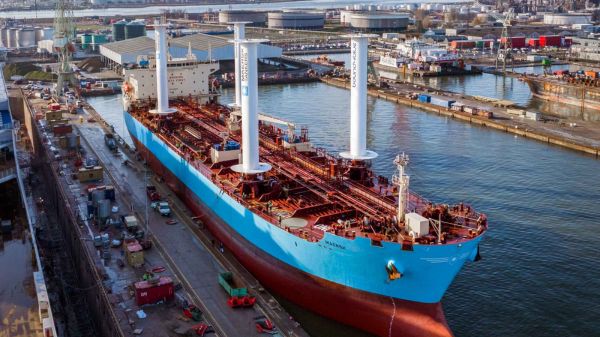
|
Bound4blue installs first wind propulsion sails on Maersk Tankers vessel
Spanish firm fits four 24-metre eSAIL units on Maersk Trieste under 20-sail contract. |
|
|
|
||
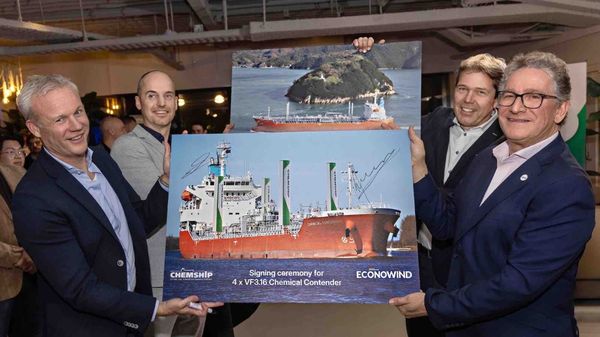
|
Chemship orders VentoFoils for two more chemical tankers after fuel savings of up to 15%
Dutch operator returns to Econowind for wind propulsion systems on Chemical Contender and Chemical Fighter. |
|
|
|
||
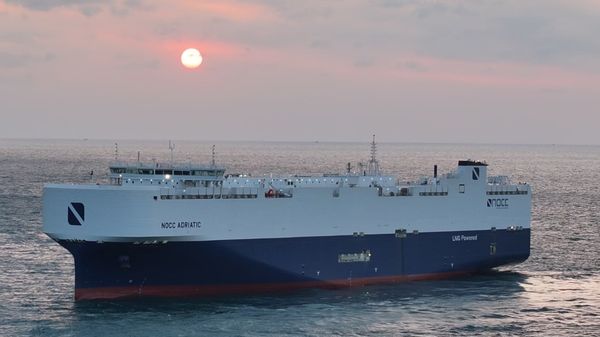
|
CIMC Raffles delivers 7,000-car LNG-fuelled carrier 70 days ahead of schedule
Norwegian Car Carriers takes delivery of dual-fuel PCTC NOCC Adriatic from Chinese shipyard. |
|
|
|
||
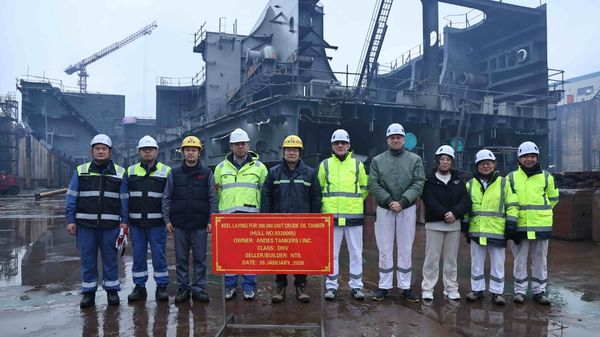
|
Keel laid for 298,000-dwt LNG dual-fuel VLCC
Construction begins on crude oil tanker for Andes Tankers I Inc. |
|
|
|
||
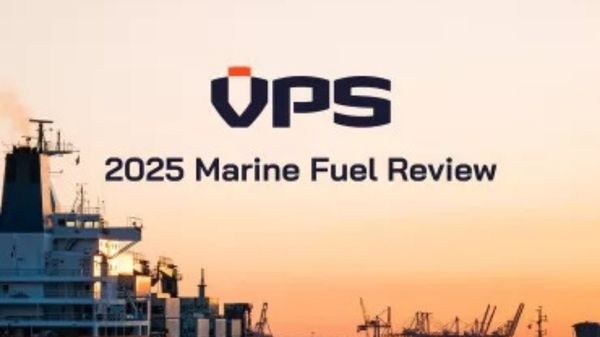
|
2025 Marine Fuel Review | Steve Bee, VPS
VPS Group Marketing & Strategic Projects Director analyses fuel quality data from the past year. |
|
|
|
||
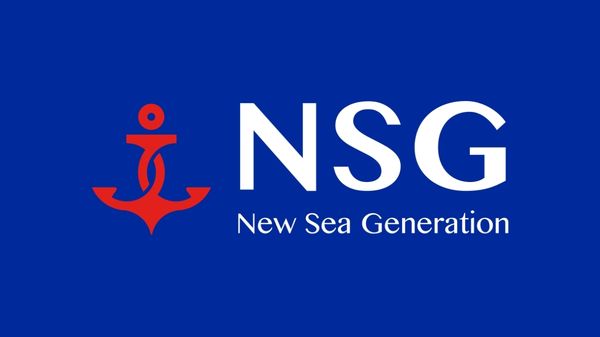
|
New Sea Generation processing applicants for Greece bunker trader role
Bunker firm offering a performance-based equity stake to experienced traders with active client portfolios. |
|
|
|
||
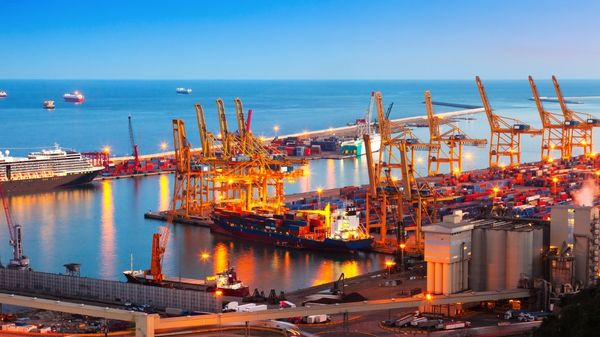
|
Spanish ports see fourfold increase in LNG bunkering volumes over two years
Renewable bioLNG accounted for 12% of marine fuel supplied in 2025, Gasnam data shows. |
|
|
|
||

|
ICS releases deck procedures guide covering alternative fuel bunkering
Publication completes trilogy of operational guides alongside bridge and engine room resources. |
|
|
|
||
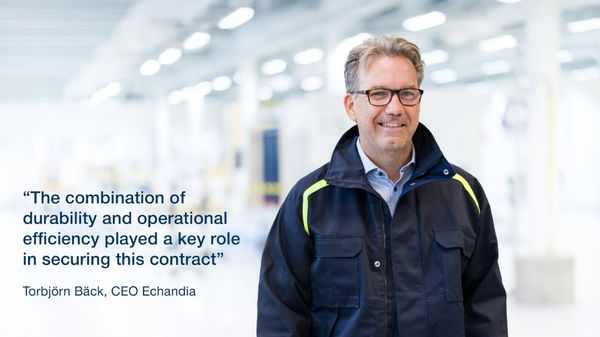
|
Echandia to supply 3 MWh battery system for Singapore harbour tugboat
Swedish firm wins contract as part of Singapore's plan to electrify harbour craft by 2030. |
|
|
|
||
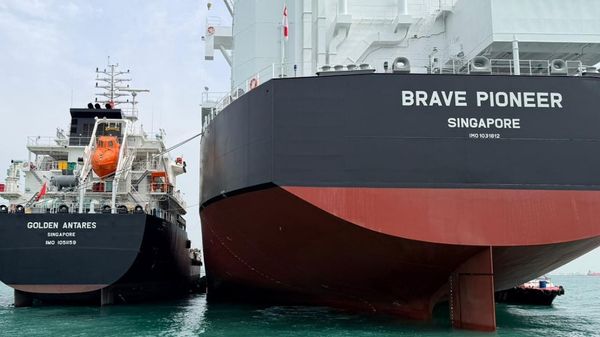
|
Singapore completes first methanol bunkering operation following licence awards
Golden Island delivers 300 tonnes of methanol to dual-fuel vessel in port’s inaugural operation. |
|
|
|
||
| Segar's speech at mass flow metering event [News & Insights] |
| Launch of world's first national standard for bunker mass flow metering [News & Insights] |
| First accredited mass flow metering system launched in Hong Kong [News & Insights] |
| IBIA to offer first Singapore MPA-accredited mass flow meter course [News & Insights] |
| More than 1 million tonnes supplied by ExxonMobil via MPA-approved mass flow metering system [News & Insights] |